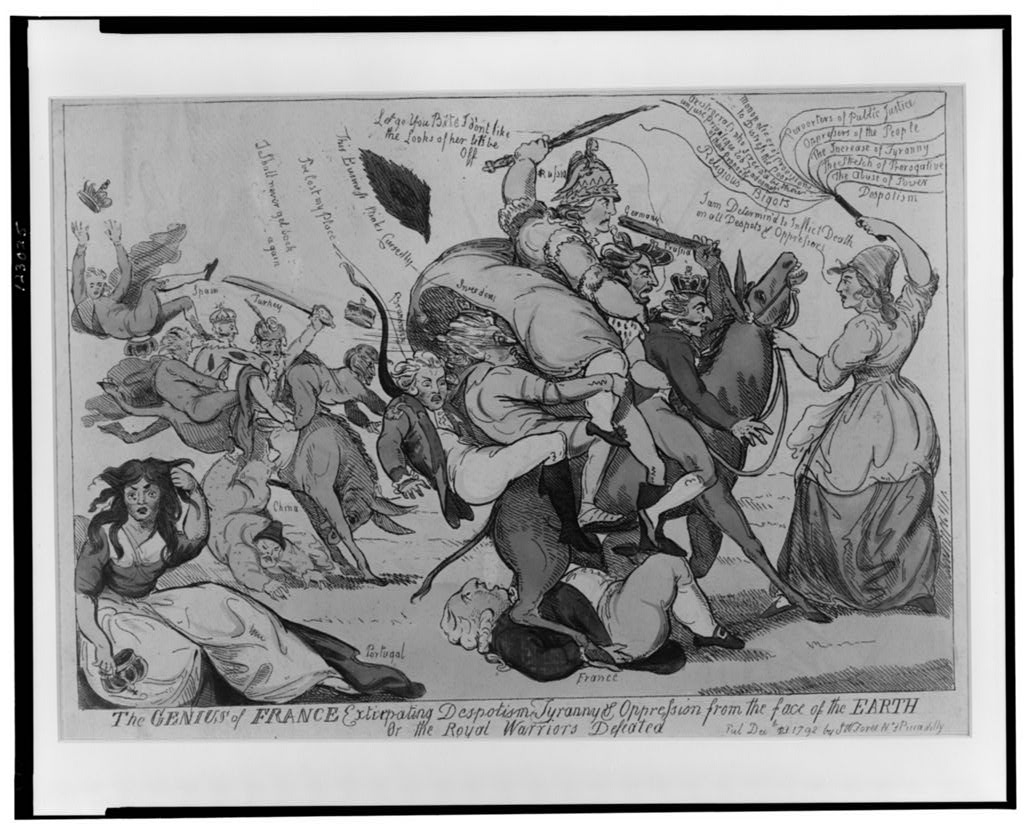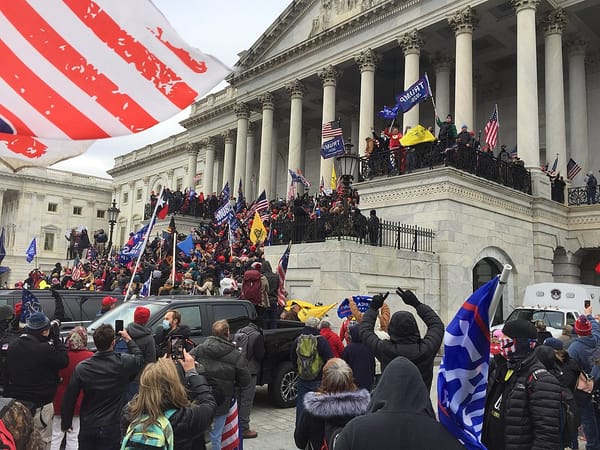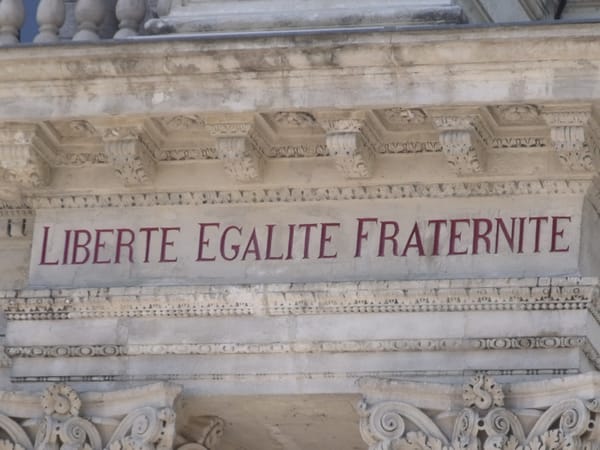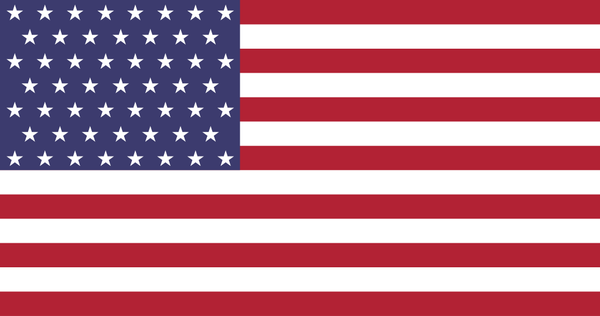Curtailing the "Emergency" Powers of the President

The president of the United States recently issued a statement – albeit via Twitter – where he “hereby ordered” that United States companies needed to move their manufacturing away from China. This was met with much derision and no small amount of mockery, but to a person unversed in the nuances of US government it may seem only natural that the executive have that authority. After all, the president apparently has the power to declare that there will be new tariffs on China, or declare that individuals from certain countries not be allowed entrance into the United States. Of course, neither of these actions fall constitutionally under the president’s purview; instead, they have been delegated to the executive branch by Congress over the past century. The greatest shifts have been justified by the president’s need for “emergency” powers, under the assumption that when such emergencies arise, congress will be incapable of reacting quickly enough.
It’s unsurprising, then, that the bulk of these emergency powers were ceded in the 1960’s and 1970’s, during the Cold War. The office of the president, and the Federal government more generally, got another infusion of authority following September 11, and the ‘War on Terror’ has subsequently replaced the Cold War as the top justification for a more unilateral executive. The excuse, however, rings hollow: even accepting that the executive may need on occasion to act without legislative cooperation, in any such case, the duration of such an action should have strict limits. After all, in any true emergency, congress should be able to pass the requisite legislation very quickly – while any emergency act that has substantial congressional resistance is precisely the sort of act that a liberal constitutional society expect the legislative branch to check. But such limits are the exception rather than the rule to the emergency powers currently on the books.
“Emergency” decrees that last for years and require no congressional approval are anathema not just to the liberal ideals of the United States’ founding, but to even the primordial foundations of liberalism, with the Whigs and the English Civil War. The idea that the power to tax resides exclusively with the legislature is one of the oldest ones in both liberal and conservative political theory, and yet the Trade Expansion Act of 1962 states that
Upon request of the head of any department or agency, upon application of an interested party, or upon his own motion, the Director of the Office of Emergency Planning [subsequently amended to refer instead to the Secretary of Commerce] shall immediately make an appropriate investigation…to determine the effects on the national security of imports of the article which is the subject of such request, application, or motion. If, as a result of such investigation, the Director is of the opinion that the said article is being imported into the United States in such quantities or under Such circumstances as to threaten to impair the national security, he shall promptly so advise the President, and, … he shall take such action, and for such time, as he deems necessary to adjust the imports of such article and its derivatives so that such imports will not so threaten to impair the national security. [1]
Emphasis mine.
The very words “as he deems necessary” as applied to the executive branch should send a chill through any liberal-minded individual. The original language of the law, referring to a Director of the Office of Emergency Planning, makes clear that the original goal was to allow the country to respond quickly to a fast moving emergency, perhaps while congress was in recess or unable to act. But to maintain these tariffs, as the president has done, for 18 months or more is certainly outside the proper purview of the executive. The exact statute has been amended, but without introducing any substantial check – rather, now it is simply the Secretary of Commerce who makes the recommendation, which all but guarantees such recommendations will be done on behalf of commercial interests, not in the case of an actual emergency. The same goes for the travel ban currently in effect on certain countries, based on a similarly worded statute, this from 8 U.S. Code § 1182 (“Classes of Aliens Ineligible for Visas or Admission”:
Whenever the President finds that the entry of any aliens or of any class of aliens into the United States would be detrimental to the interests of the United States, he may by proclamation, and for such period as he shall deem necessary, suspend the entry of all aliens or any class of aliens as immigrants or nonimmigrants, or impose on the entry of aliens any restrictions he may deem to be appropriate.[2]
Again, it is possible to imagine an acute threat from a particular class of people that the president may need to respond to overnight; in such a case, Congress cannot act on fast enough. That was, one imagines, the goal of the language in the statute. But as with the emergency tariffs, it is difficult to imagine a true emergency to which Congress would be unable to respond within 60 days. Whatever the situation during the Cold War, there is little need for such “emergency” measures now, especially when they present such a clear danger to the separation of powers.
Unfortunately, opposition to these measures on such grounds is stunted by the swings in control of the White House – Republicans who railed against Obama’s authority in prioritizing certain immigration cases over others are oddly quiet as Trump unilaterally raises tariffs. Few lawmakers, even those opposed to the tariffs, have gone so far as to call for changing the underlying legislation that made them possible. Democrats have been guilty of the same – during the Obama administration, many liberals, who had been deeply uneasy about George W Bush’s increased authority, justified the expanded executive power on the grounds that Obama – unlike the Senate – represented that majority of American voters. They lamented the undemocratic Senate and gerrymandered House and urged the president to take stronger unilateral action, especially on gun control. After all, he alone, unlike the parties in charge of the House and Senate, had received votes from a majority of voting Americans.
This justification has, of course, been fast disappearing. In the last two decades there have been two presidents elected without receiving a plurality of the popular vote. There has indeed been some agitation for a reform or abolition of the electoral college, but it has come to very little, and that will likely be the case for the next few decades. The requirement that three fourths of States ratify any constitutional amendment works against any efforts on that front – between states that are strongly over represented by the Electoral College because of their two senators, such as Wyoming or Vermont, and states whose role is amplified by virtue of being swing states, like Ohio or Florida, it is unlikely that 38 states will ratify such an amendment within the next twenty years. In that time, it is likely that another president, and quite possible multiple ones, will be elected without a plurality of popular votes.
And while twice the advantage has gone to Republicans, it is entirely possible to imagine a map wherein Democrats get the requisite electoral votes to take the White House without getting a majority of popular votes (given how many votes they could lose in California and New York while still winning those States). The situation arising from this is not only undemocratic, but dangerous. The constitution is designed so that a significant minority of voters can block major changes desired by the majority – and generally, this situation, while annoying, has been deemed acceptable. But when a minority of voters repeatedly initiates, through executive action, major changes against the will of the majority, there is real risk of the republic itself losing legitimacy in the eyes of many voters. The situation is only exacerbated by “emergency” statutes that give presidents, even deeply unpopular ones, broad and authority to, essentially, make laws that last for the entirety of his or her administration.
Congress wrote these statutes, and congress has the power to re-write them. The first step, therefore, of reclaiming some power from the executive branch is simply to alter that statutes. For starters, replace every instance where the president is allowed to set policy “or such a time as he deems necessary” with as strict time limit. That limit may vary, but 60 days is likely sufficient for any true emergency. Any presidential proclamation related to tariffs, immigration, etc. that is unapproved by congress within 60 days should become unenforceable. Undoubtedly presidents would continue to make decrees after 60 days, or slightly alter them to “reset the clock”, This relatively simple legislative fix would end the “rule by decree” that threatens the separation of powers and the very ideal of democracy in the US. The benefits are broad and non-partisan enough that it’s not unthinkable that Senators and Representatives from both parties might sponsor such legislation.
The United
States has so far only gotten a taste of the danger in this reckless grant of
near absolute power to the president.
But even in the past two years it has become clear that these emergency
powers are a danger to the well being of the republic. Even if the next chief
executive voluntarily forgoes that powers granted to him or her, or uses them
in generally liberal ways, the longer these powers remain with the executive,
and the more precedent normalizes them, the greater the danger they
represent. Legislative action of this
magnitude will require a real bipartisan majority, which is the easiest to
attain when it’s unclear who will be wielding these powers in January of
2021. There is no better time than now
for the legislative branch to reclaim its proper lawmaking role, and limit
these emergency powers to limited periods of time suitable for true
emergencies.
[1] https://www.law.cornell.edu/uscode/text/19/1862
[2] https://www.law.cornell.edu/uscode/text/8/1182
Featured image is The genius of France extirpating despotism tyranny & oppression from the face of the earth Or the royal warriors defeated




